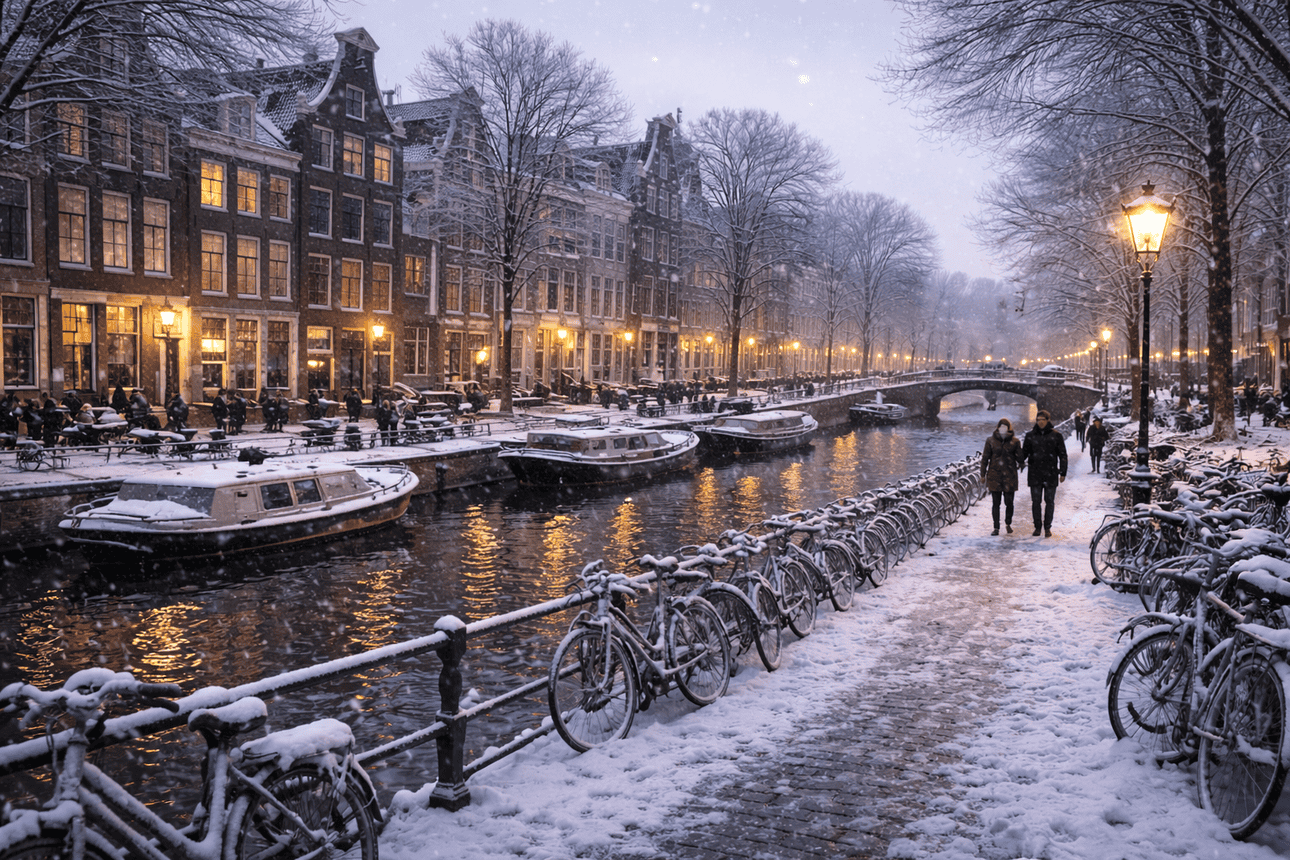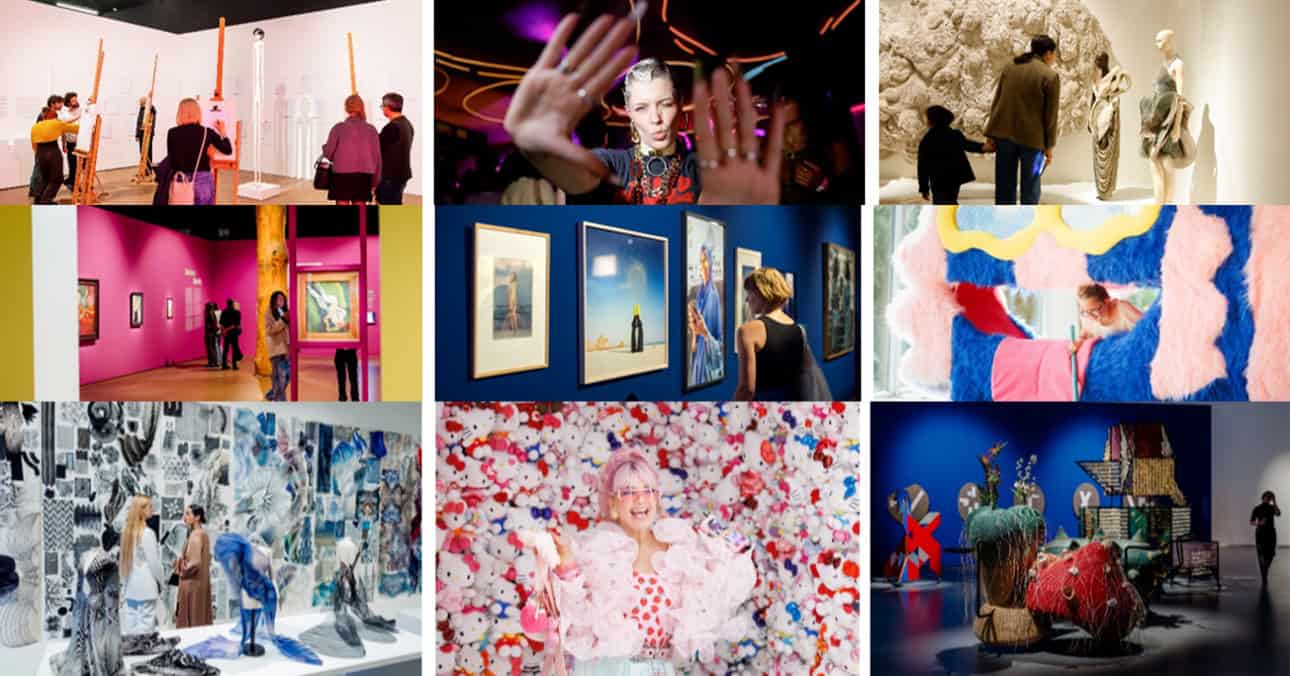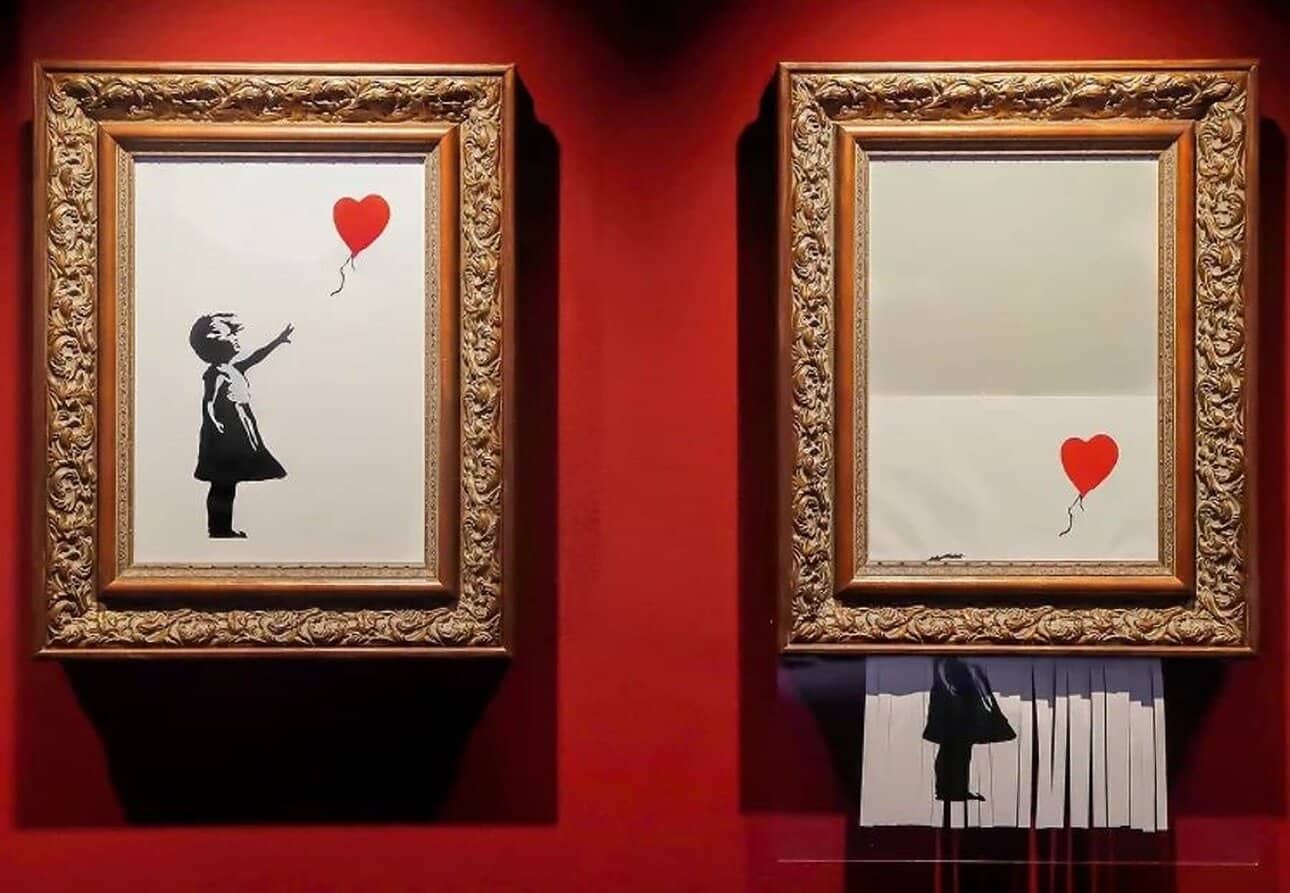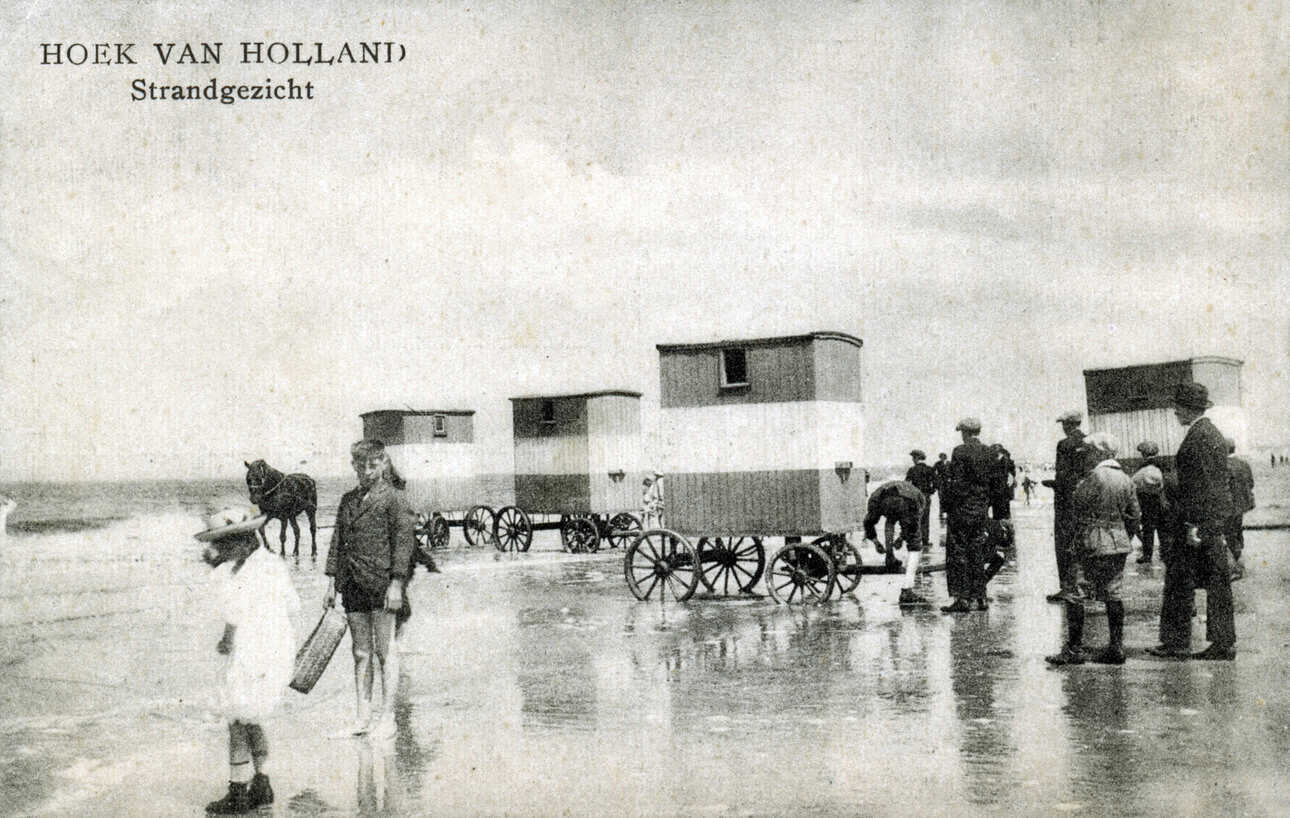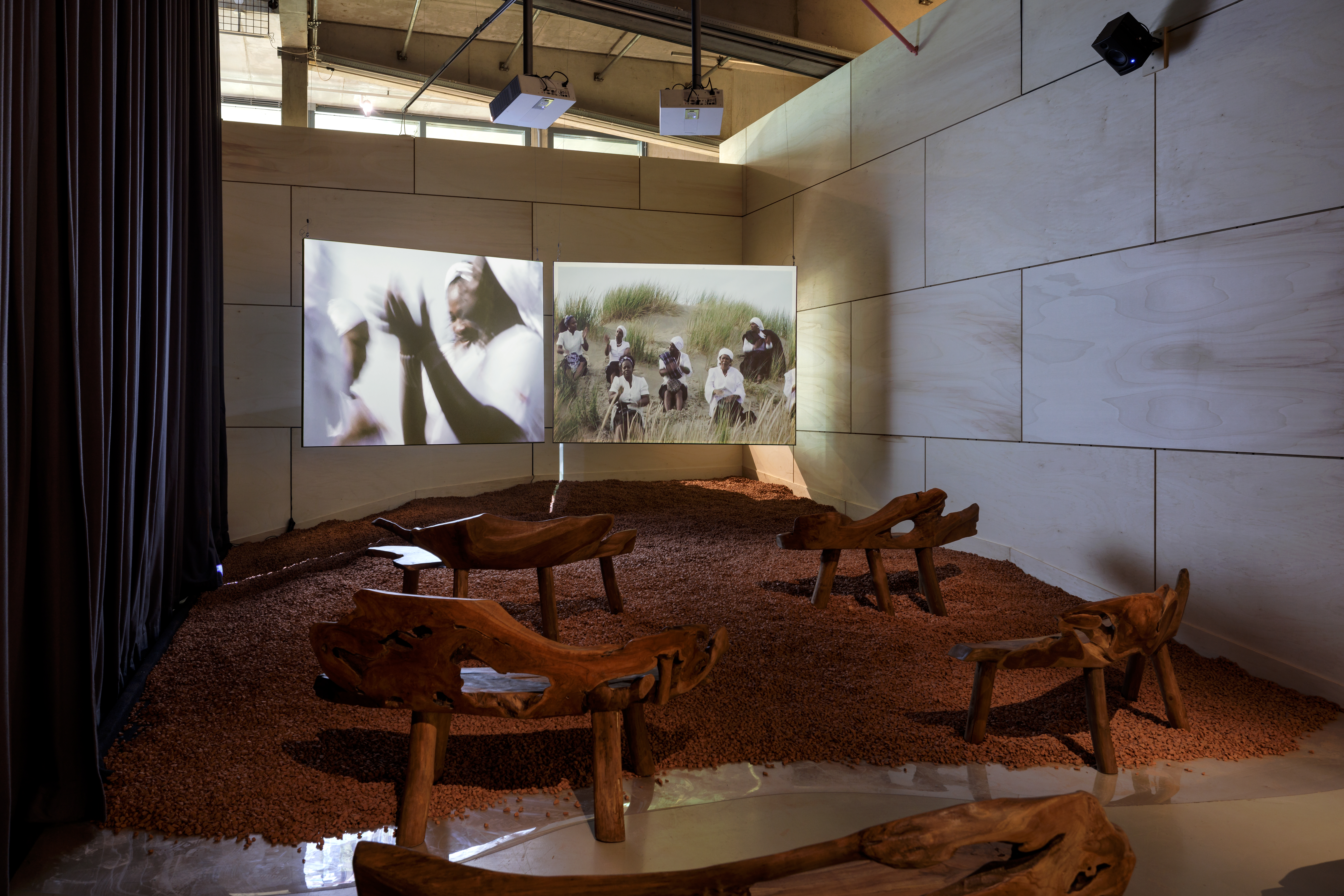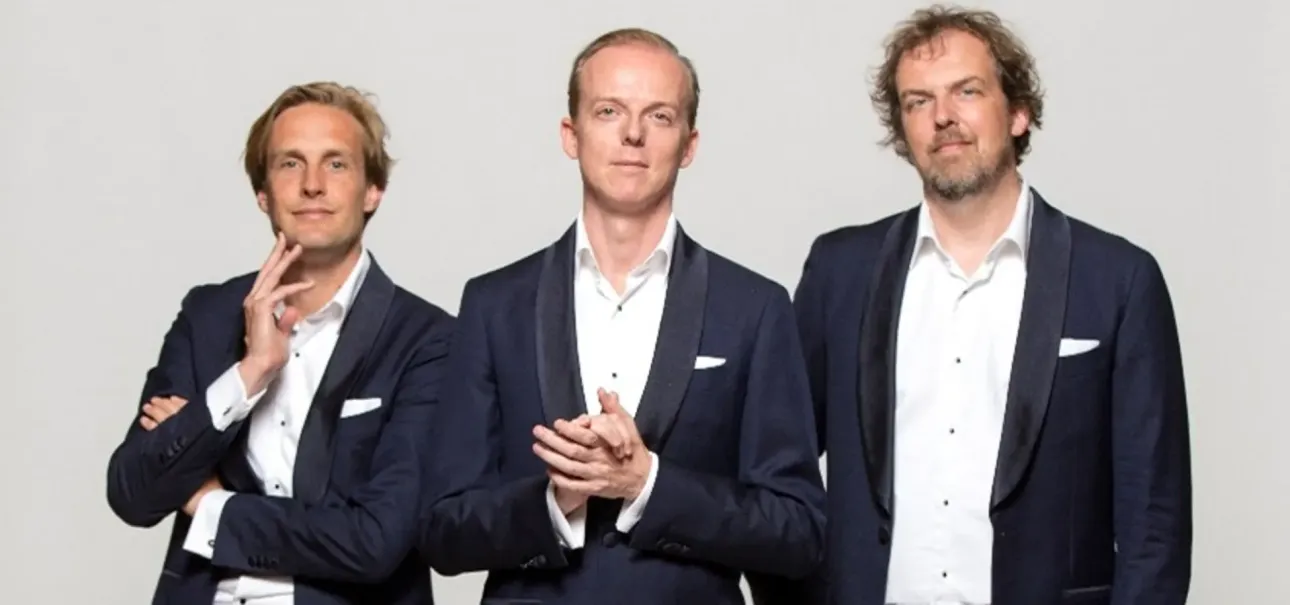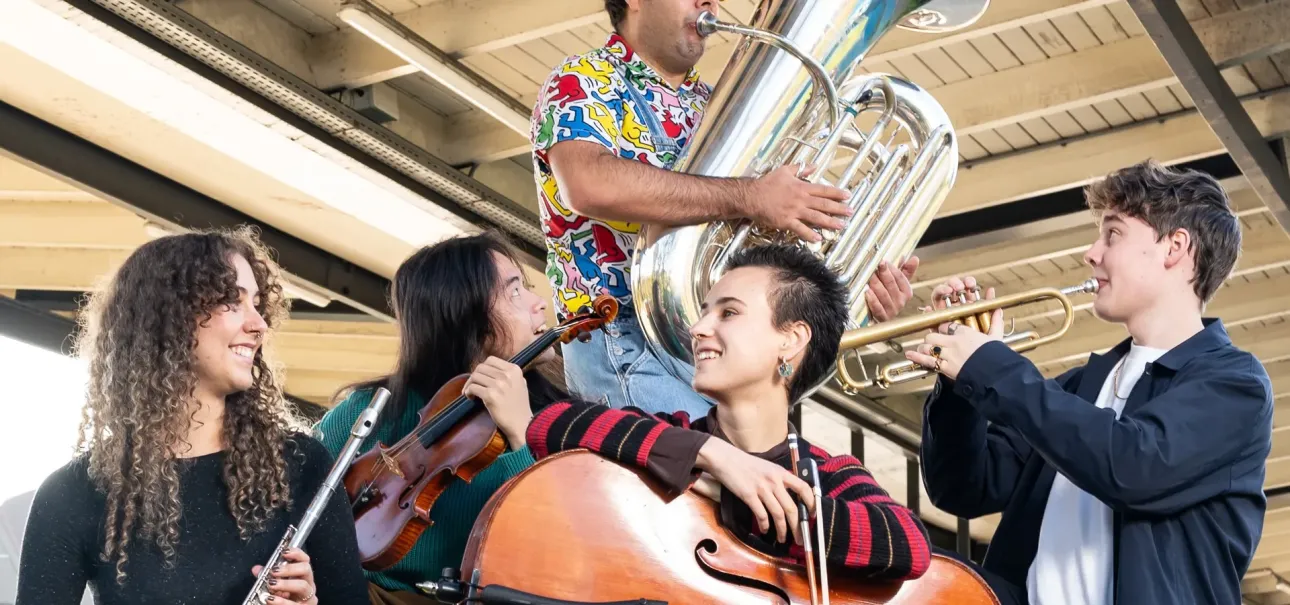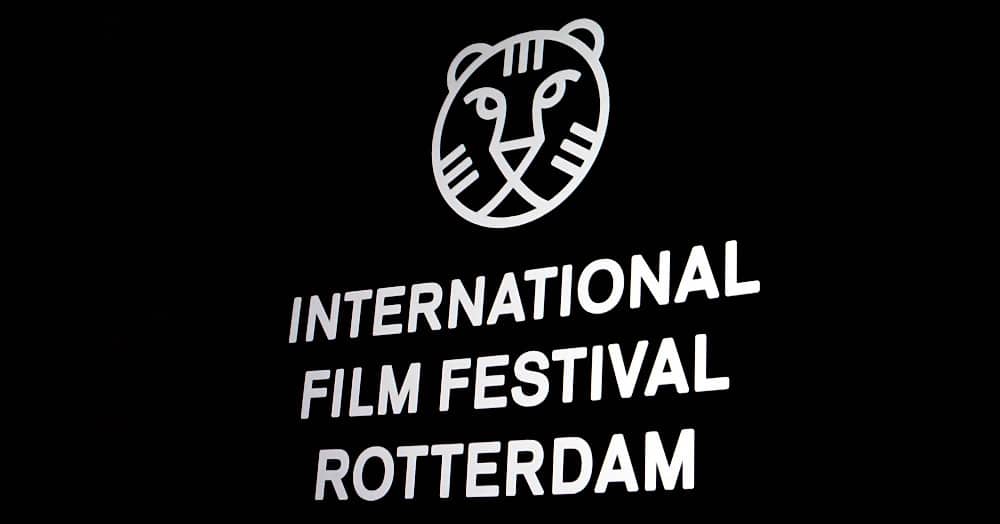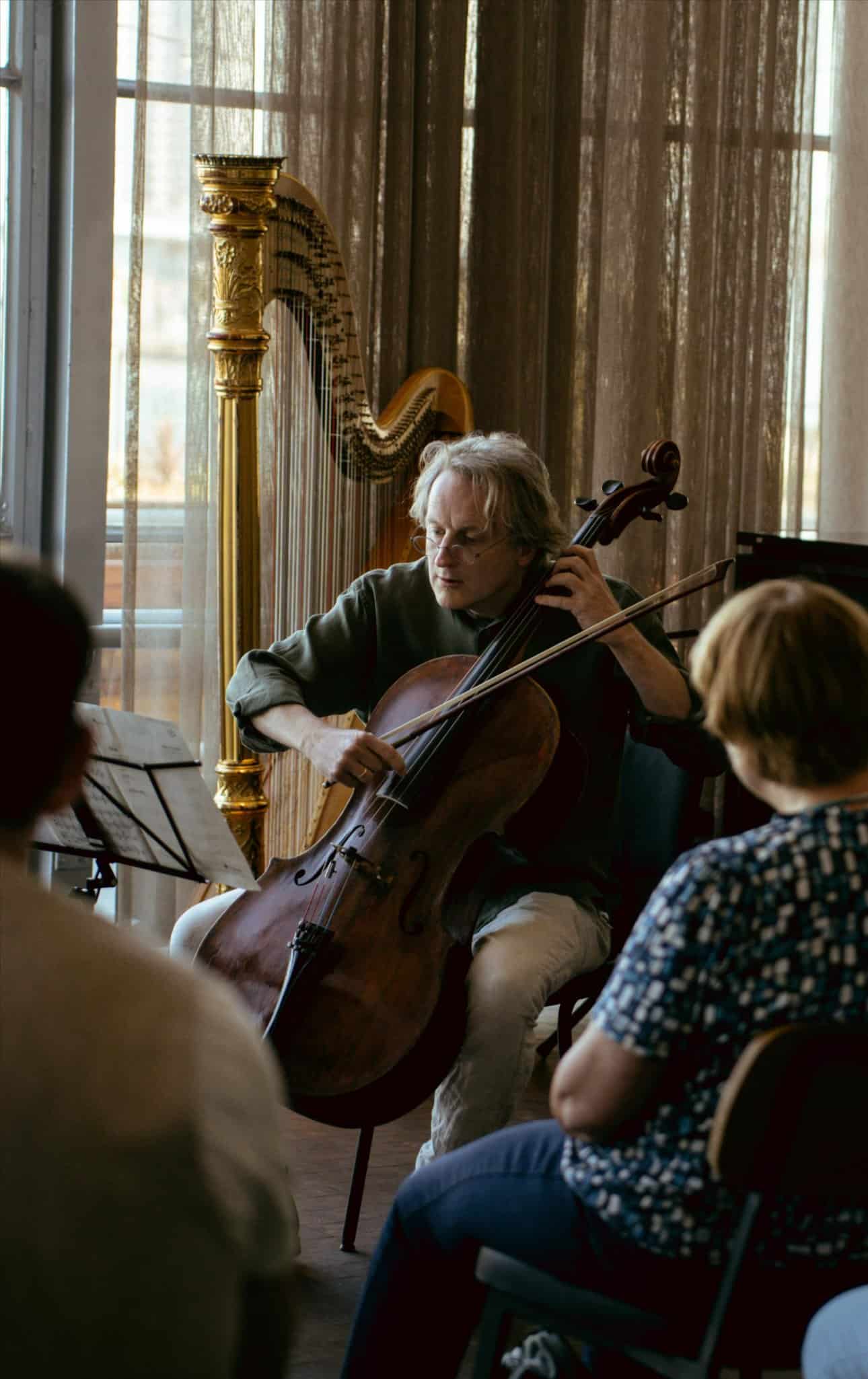ROTTERDAM, 25 November 2024 – Rotterdam has become the first Dutch city to return colonial-era artefacts to Indonesia, following national guidelines on repatriation. The objects, formerly held by Wereldmuseum, include two singa statues from Lombok and 66 items from South Bali.
Rotterdam leads the way in colonial artefact restitution
Rotterdam has taken a significant step by returning colonial-era objects to Indonesia, becoming the first city in the Netherlands to do so under the national framework for the restitution of colonial collections. The transfer involves two singa statues originating from Lombok and 66 artefacts from South Bali. The objects were previously housed at Wereldmuseum in Rotterdam.
This restitution aligns with efforts to address historical injustices stemming from colonial practices. Similar restitutions have previously occurred on a national level, involving items from state collections. The initiative reflects Rotterdam's contribution to recognising and repairing the harm experienced by indigenous populations during the colonial period.
Historical context of the artefacts
The artefacts returned to Indonesia include items taken during military operations by the Dutch colonial forces in the late 19th and early 20th centuries. The singa statues, mythological lion figures with protective roles in temple and palace architecture, were seized in 1894 during the Lombok War. These statues were originally part of the Cakranegara palace in Lombok.
The 66 additional items, part of the Puputan Badung collection, were taken in 1906 during the Dutch conquest of South Bali. The collection includes ceremonial weapons, jewellery, textiles, and other items, which were removed from battlefields, palaces, and temples in the Badung kingdom.
Research indicates that these objects were acquired against the will of their rightful owners and under duress. For Indonesia, these artefacts hold immense cultural and historical significance and are integral to its national heritage.
Statements on the restitution
Deputy Mayor Said Kasmi, responsible for education, culture, and events in Rotterdam, commented:
“Rotterdam acknowledges that the artworks we are returning today were never ours. They belong in Indonesia. This restitution is a significant step towards rectifying colonial injustices. It is a gesture of respect for Indonesian culture and the shared history between our countries.”
Ambassador Mayerfas of the Republic of Indonesia highlighted the importance of the items, stating:
“These objects are more than artefacts; they represent identity and resilience. They embody Indonesia’s rich cultural heritage. Let this day remind us that cultural repatriation is a collective responsibility and a crucial step towards healing and reconciliation.”
The role of Wereldmuseum and collaborative efforts
Wereldmuseum, which had housed the objects, is playing a key role in ensuring the smooth transfer of the artefacts to Indonesia. General Director Marieke van Bommel expressed gratitude for the collaborative efforts:
“We are pleased that these objects are returning to Indonesia, where they hold profound cultural significance. They should never have been here. We are grateful for the excellent cooperation with our Indonesian partners, the Municipality of Rotterdam, and the Ministry of Education, Culture and Science to facilitate this restitution.”
The returned items will be partially displayed at the National Museum (Museum Nasional) in Jakarta, where they will contribute to preserving Indonesia's cultural heritage.

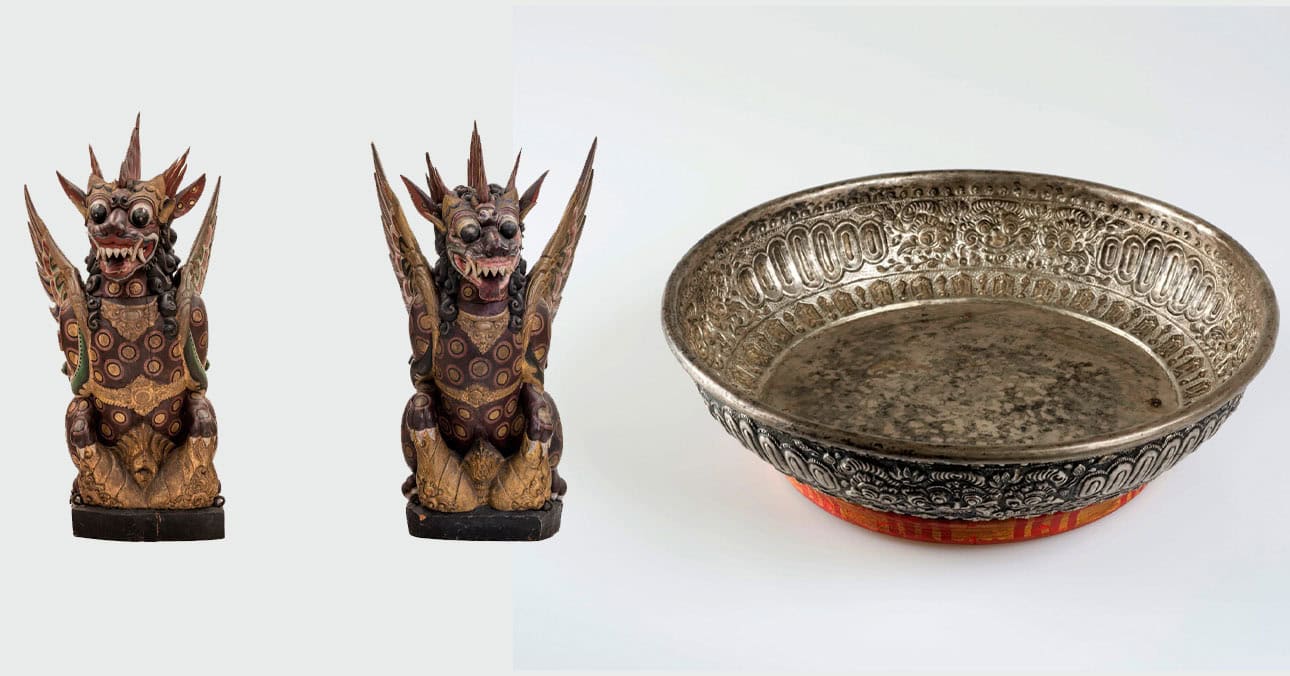
-amazing-contemporary-art-001.jpg)


